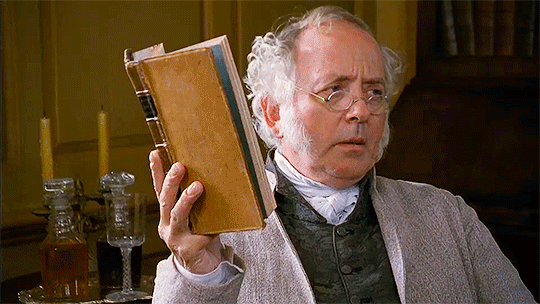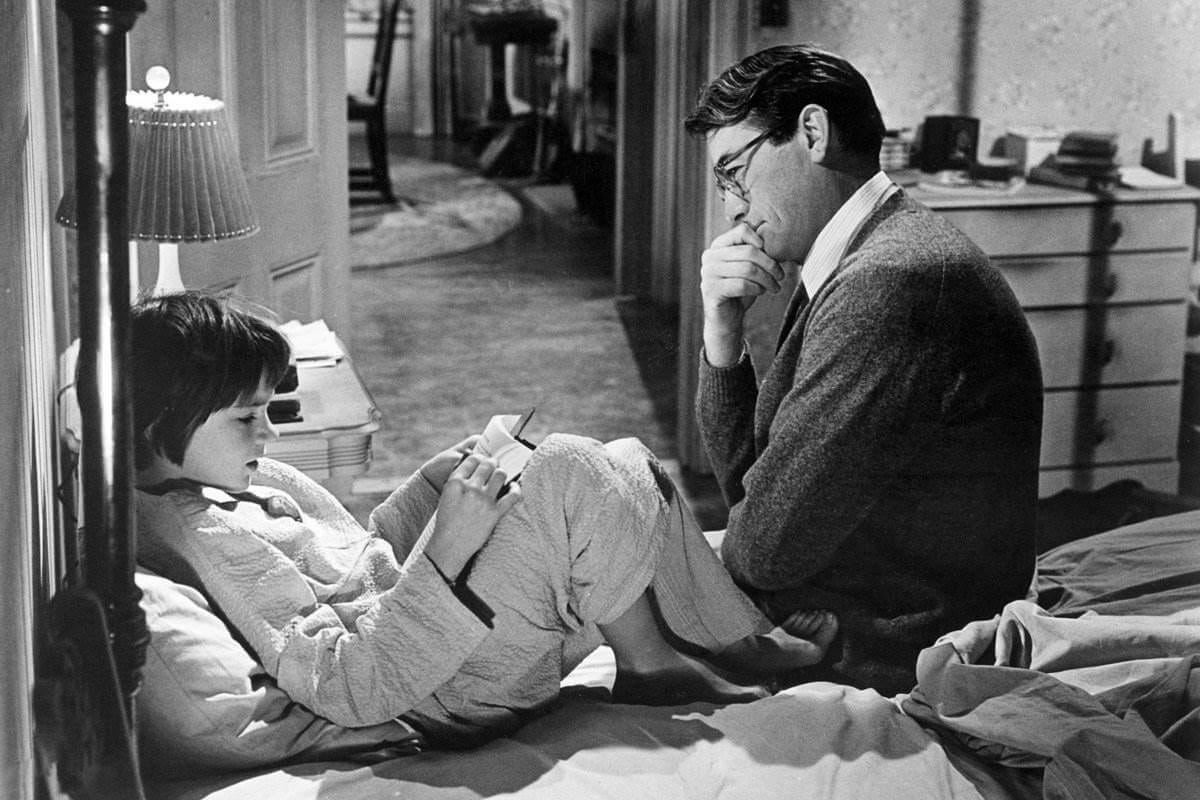Open Thread: Good Fathers, Bad Fathers?
What Books Do You Think of When You Ponder the Question?
We’ve all got them, and some are better than others—no surprise then that literature treats us to a long board laden with all flavors of father. Who’s good and who’s bad? Bernard T. Joy popped a version of the question earlier this week on X:
Which are the works of literature that provide us with the most positive models of fatherhood?
Joy qualified the question by mentioning a few “more obvious” candidates, including Jane Austen’s Pride and Prejudice and Harper Lee’s To Kill a Mockingbird. But are those obviously the “most positive”?

Start with Austen’s Mr. Bennet. Yes, he’s amusing—but as a father? He, as I mention in my review here, wisecracks his way through the first two-thirds of the book, hiding in his library behind a barricade of sarcasm, seemingly oblivious to the real financial predicament of his daughters. I can’t entirely blame him, and I enjoy the heck out of him as a character. But neither can I regard him as a positive example of a father.
Harper Lee’s To Kill a Mockingbird strikes me as a far better example. Still, as I mention here (thanks to an invitation from Dixie Dillon Lane), Atticus is complicated in ways directly related to his parenting. His modeling of wisdom, empathy, patience, and courage are largely impressive and commendable. But his forbearance and tolerance sometimes mask passivity; in fact, his reluctance to grapple honestly with the dark side of his neighbors nearly gets his children killed.
Perhaps our affections for Atticus increase with his failings. As a far-from-perfect father myself—Lord, have mercy—I can hope for similar grace. But then I reflect back to the question of “the most positive models of fatherhood.” Which books, which characters? E.g., Thomas Gradgrind in Charles Dickens’s Hard Times? Terrible father! But also one who remarkably and wholeheartedly repents.
So, I toss the question to you, but let’s broaden it: Who are the notably good and notably bad fathers of literature, the lovable and the lousy, the noble and the negligent? Which books do you think of when you ponder the question? Bonus points for complicated cases.
Thanks for reading and shaping the community here at Miller’s Book Review 📚. If you enjoyed this post, please hit the ❤️ icon and share it with a friend and discuss it below.
More remarkable reading is on its way. Don’t miss out. Subscribe for free below.



Matthew Cuthbert was a father who quickly saw and loved Anne, who had never known the love of a parent.
In terms of bad fathers it's difficult to be much worse than Fyodor Karamazov. Neglectful, cruel, self- centered, and goads one son to almost kill him and his other - bastard - to actually do it.
On the good, I think Arthur Weasley is almost Fyodor's opposite: loving, gentle, courageous. One gets the sense everything he does is for his children.